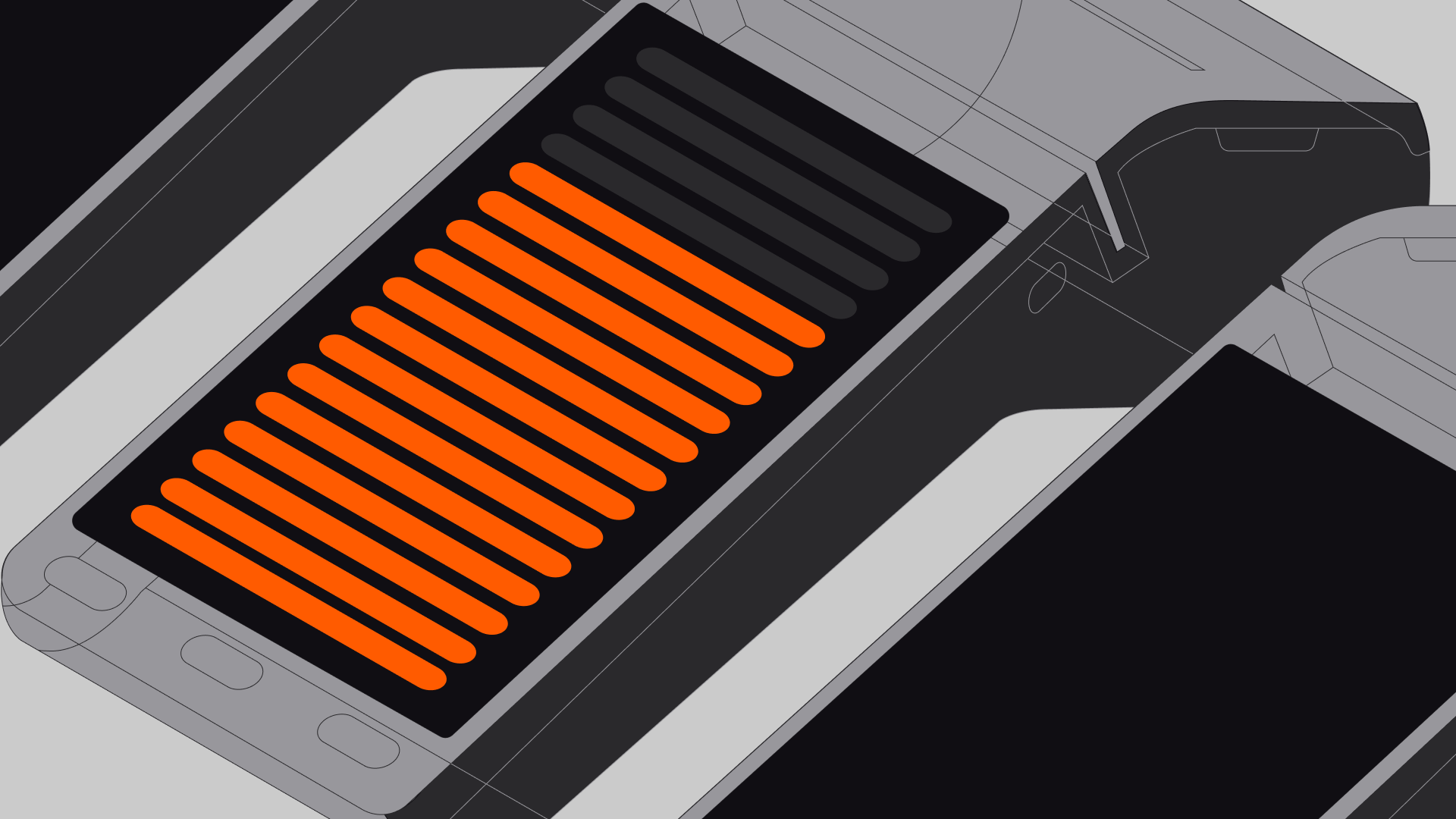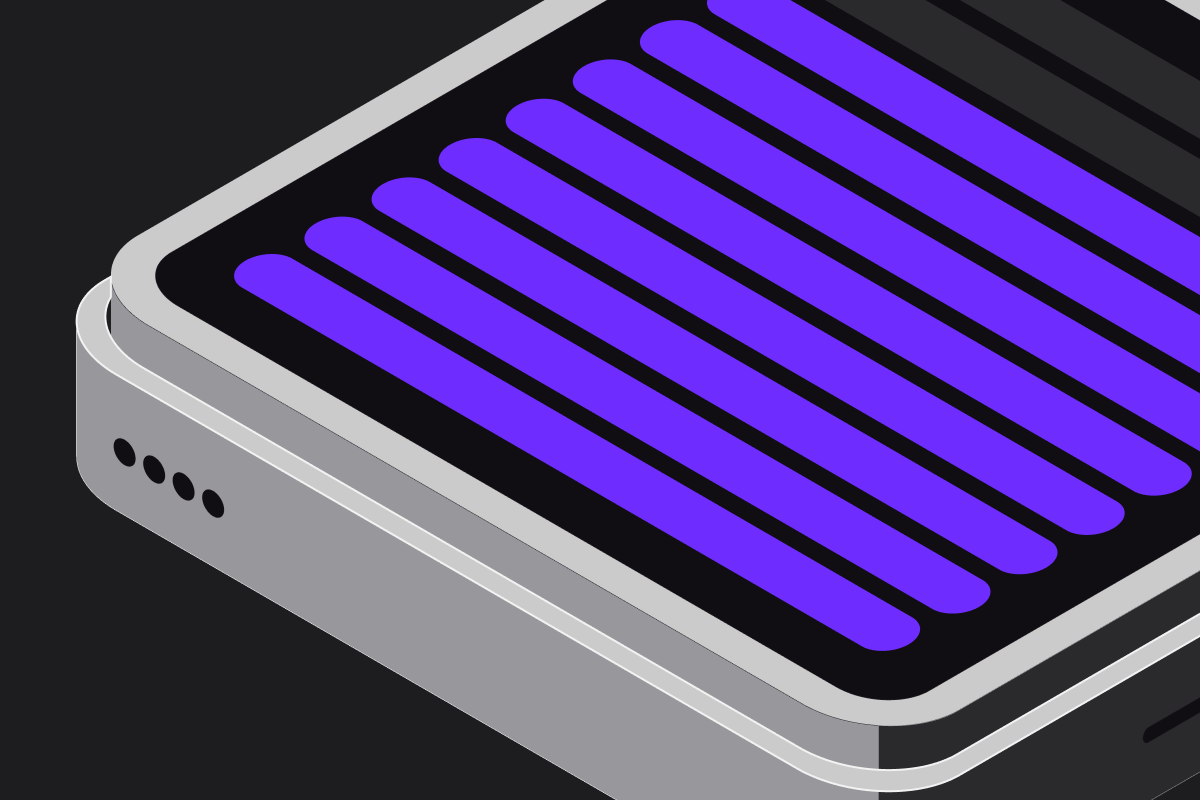
The future of checkout in South Africa: insights from the latest Stitch payments webinar
Summary: This piece looks at how checkout is evolving. It explores emerging technologies and trends shaping faster, more seamless payment experiences.

As e-commerce grows and customer expectations evolve, the checkout experience is no longer just a technical necessity – it’s a strategic lever for businesses. In a recent webinar hosted by Stitch, Jessica Manthey, Head of Sales, and Dewald Müller, Director of Customer Success, discussed findings from our latest consumer insights report looking at payment preferences and trends for South Africa. Here are some of their key takeaways.
Why checkout still makes or breaks the sale
Checkout is no longer the end of the customer journey, but the moment that defines it. Small moments like payment speed, ease of use, payment success or how quickly a refund is issued directly influence conversion, loyalty, brand reputation and customer satisfaction.
The report shows that 71% of South African users will abandon a payment if it fails the first time – and 62% won’t come back. With this in mind, it’s clear that working with reliable payment providers that offer multiple fallback methods can dramatically reduce drop-off and drive revenue for merchants.
Apple, Google and Samsung Pay: fast, native and growing
Adoption of digital wallets like Apple Pay, Google Pay and Samsung Pay is accelerating rapidly in South Africa. The results for Stitch customers are stark: among iOS users, 50% switched to paying Apple Pay vs card within just two weeks of Apple Pay’s launch on a major SA e-commerce website. Stitch transactional data also showed a 40% increase in conversion and 10x faster checkout speed with Apple Pay vs traditional card payments.
Embedding wallets natively in the checkout – above the "Buy Now" button, for instance – is helping brands reduce friction and improve conversion. Many users now load multiple cards into their wallet and prefer to pay using wallets as they allow flexibility between credit, debit and bank options.
Traditional methods still matter, but they’re under pressure
While new methods are gaining ground, legacy payment methods like debit orders, EFTs and cash still underpin much of South Africa’s payment landscape, particularly for industries like insurance, telecoms and lending.
However, the consumer experience around debit order processing is increasingly negative. Online sentiment shows that 85% of conversations related to debit order processing, particularly in the insurance space, are negative. This is often due to unexpected or unauthorised debits, difficult cancellation processes and continued charges post-cancellation. Failed debits can cost users over R100 in penalties, which compounds financial strain, especially among lower-income segments.
Rethinking collections and refunds
It’s increasingly important for companies to rethink how traditional methods like debit order and DebiCheck are used. When combined with fallback options like Pay by Bank, Variable Recurring Payments (VRP) and card, as well as retry logic and automated reminders, businesses can improve both recovery rates and customer satisfaction.
Similarly, refunds are major customer pain points, especially in the retail and e-commerce space. Long wait times and poor communication erode trust. Stitch offers instant refunds, which are settled within two minutes and can be initiated 24/7, 365. This has resulted in fewer support queries and higher satisfaction across clients.
Cash is still king, but the context is changing
Despite advances in digital payments and an increase in digital payment adoption, cash remains dominant, especially in-store and for consumers who are unbanked or paid in cash. Many South Africans still prefer making a single ATM withdrawal each month to cover daily transactions over using digital methods, often due to budgeting habits or lack of access to digital methods where they shop.
At the same time, distrust of digital payments is declining, driven by improved experiences with bank-led products like Capitec Pay and growing digital literacy. The challenge for merchants is to consider how they can enable cash acceptance in an online world as an entry point, through tools like retail cash payment networks or cash-on-delivery, while balancing the operational risks associated with those tools.
BNPL: a strategic opportunity
Buy Now, Pay Later (BNPL) adoption is rising in South Africa. While 55% of survey respondents haven’t used it yet, one in four are using it regularly, and the model is showing strong early traction – especially for discretionary and high-ticket items like electronics, furniture and fashion.
The next phase of BNPL is intelligent orchestration: using BNPL as a strategic fallback option when a card or bank payment fails, to avoid lost sales and give consumers more flexibility at checkout.
Building intelligent, flexible payment experiences
A one-size-fits-all approach no longer works. Checkout flows need to be tailored by industry, customer segment and even user behavior. Whether it’s retail, travel or financial services, businesses that succeed will be those that embed the right payment methods natively, incorporate smart routing and respond to payment failures intelligently.
From orchestration and fraud protection to refunds and smart retries, payments can be a growth engine and not just a backend tool.
Final takeaway: the payments experience is a real differentiator
The key takeaway from the webinar was that the best-performing businesses don’t just offer more payment options; they offer better payment experiences. Micro-moments like speed, control and flexibility build trust, advocacy and repeat purchases – ultimately resulting in more revenue.
As the South African market continues to shift, brands that treat checkout as a strategic differentiator – and build intelligent, adaptive infrastructure – will be the ones that win.
FAQs
What does the future of checkout look like?
The future of checkout focuses on speed, simplicity, and minimal friction, with fewer steps, faster authentication, and more embedded payment experiences.
Which technologies are shaping the future of checkout?
Key technologies include digital wallets, real-time bank payments, tokenisation, biometric authentication, and intelligent fraud detection.
How is checkout evolving for online businesses?
Online checkout is becoming more streamlined through one-click payments, in-app checkout, and embedded payment flows that reduce abandonment.
Why is reducing checkout friction important?
Checkout friction directly impacts conversion rates. Fewer steps and faster payments lead to more completed purchases and better customer satisfaction.
How does the future of checkout impact merchants?
Merchants benefit from higher conversion, improved payment reliability, and better visibility into customer payment behaviour.
Is the future of checkout relevant for South African businesses?
Yes. As digital adoption increases in South Africa, modern checkout experiences help businesses meet evolving consumer expectations and compete effectively.
Optimise your checkout experience











